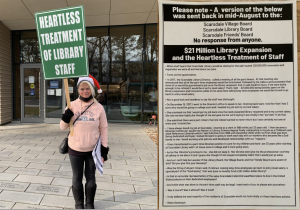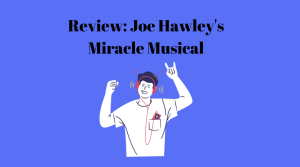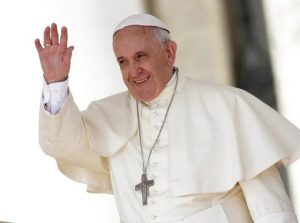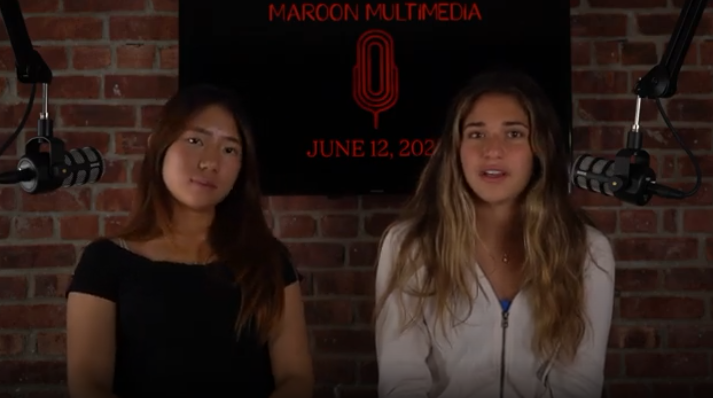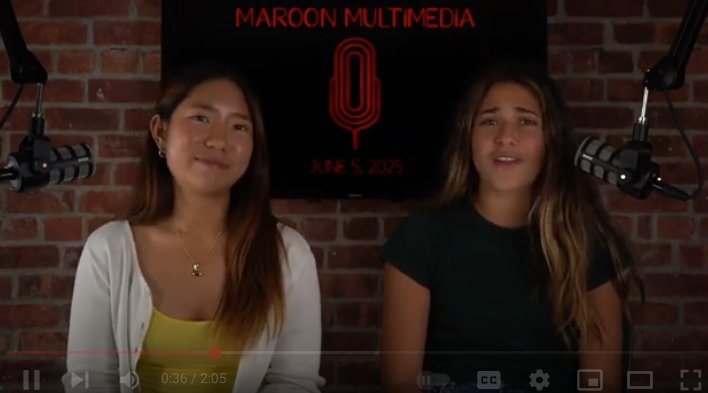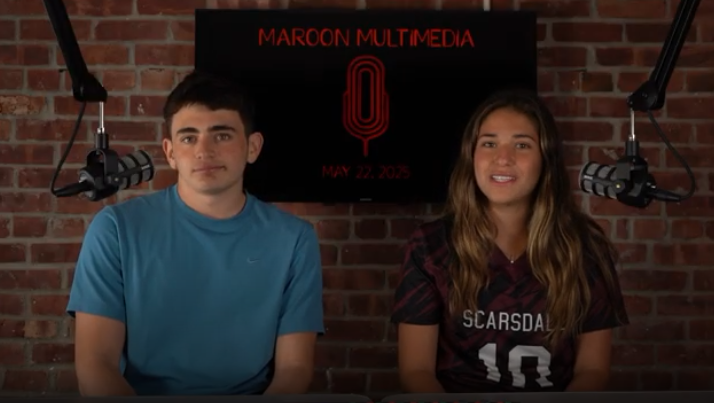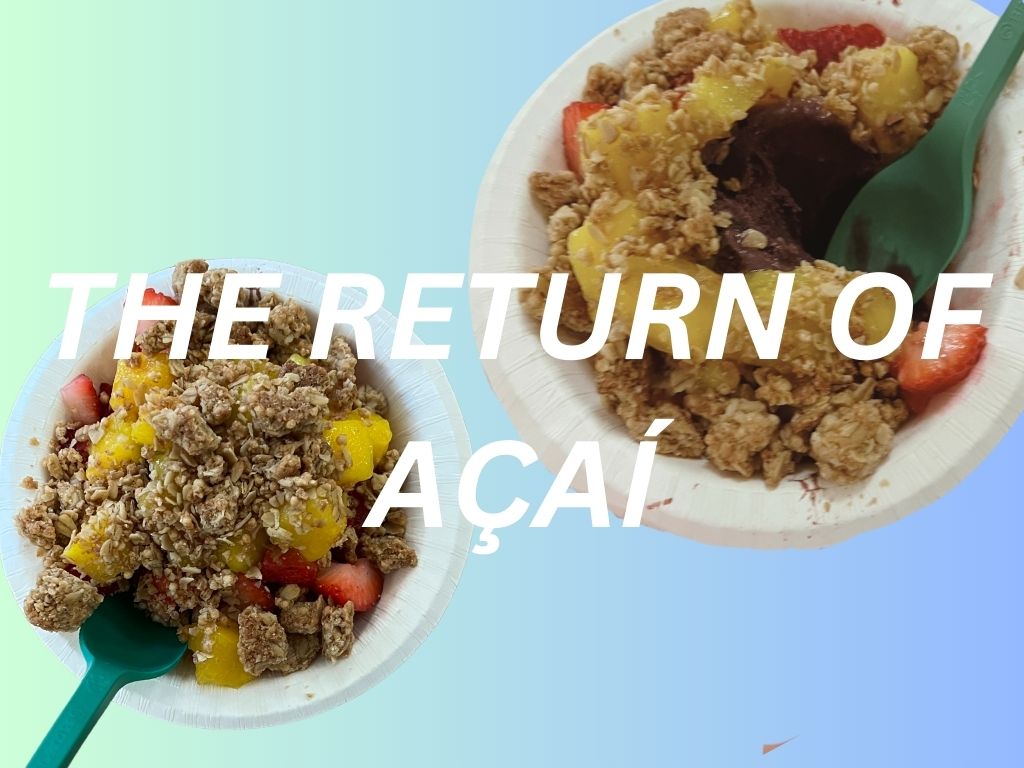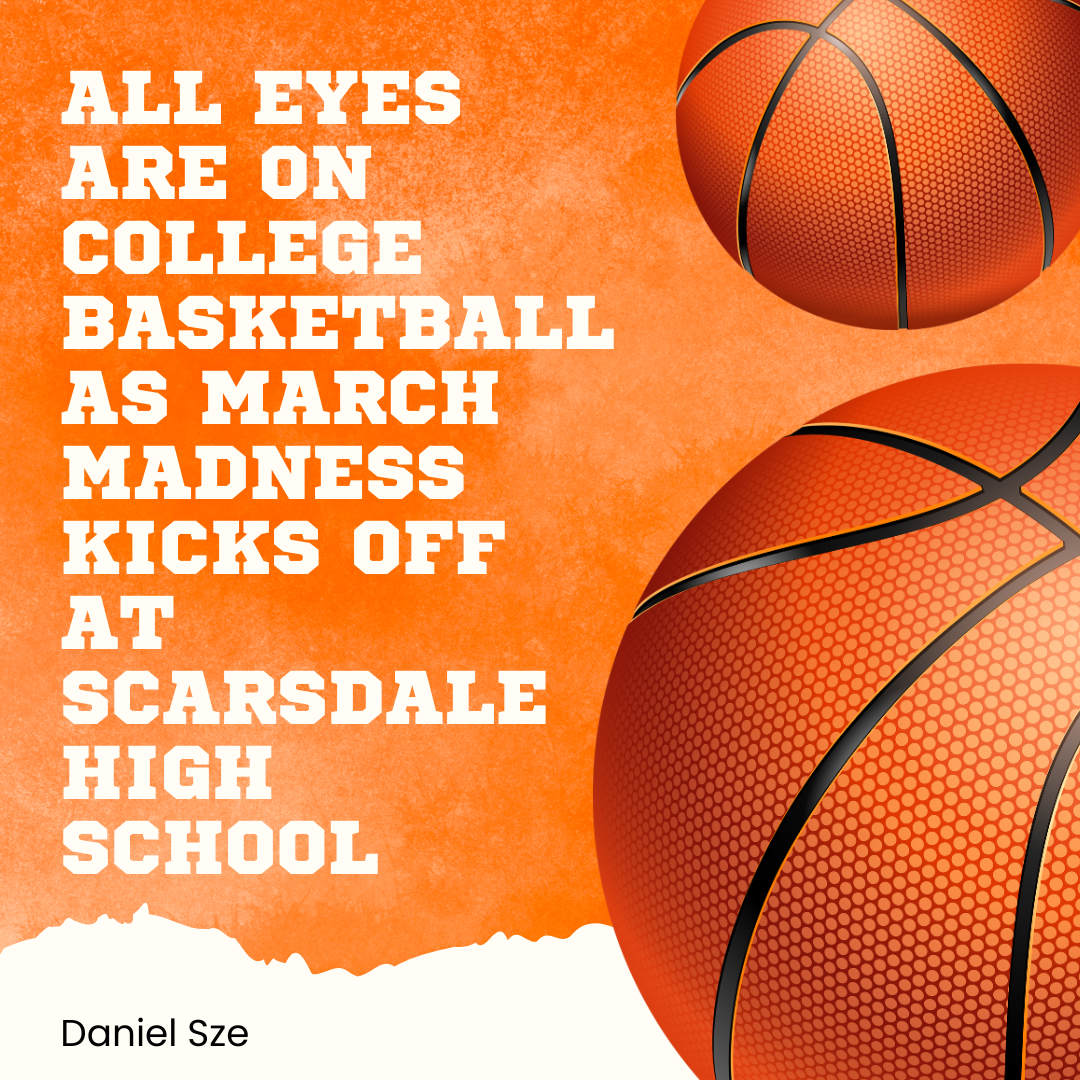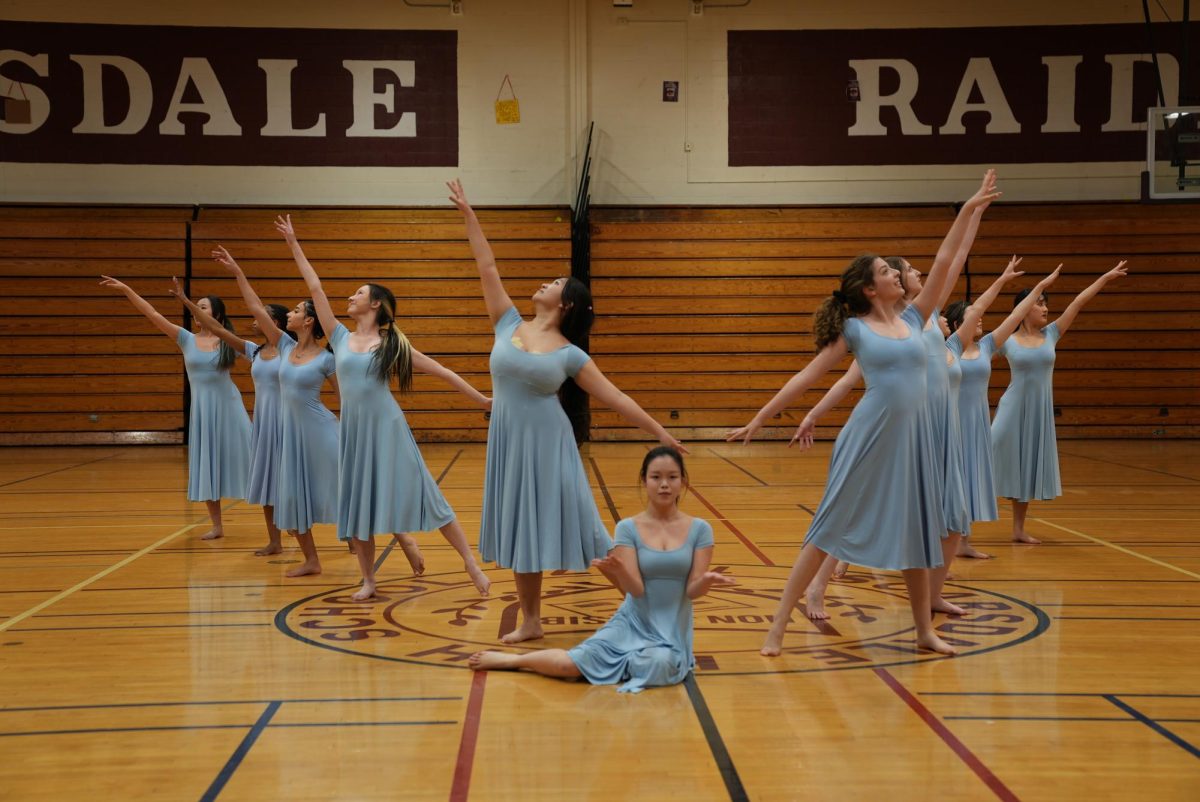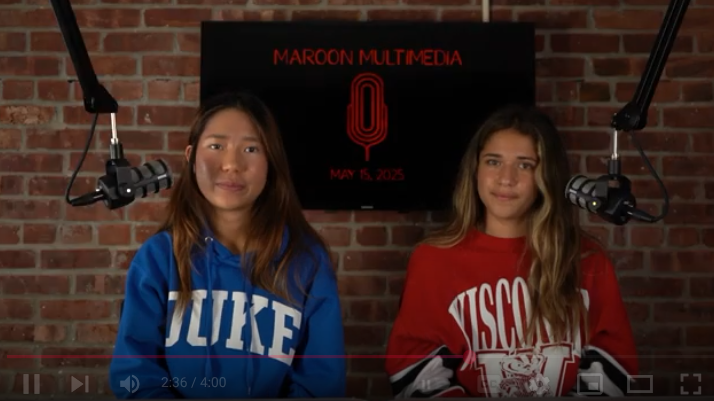Every Color of the Scarsdale Rainbow
November 20, 2014
“All young people, regardless of sexual orientation or identity, deserve a safe and supportive environment in which to achieve their full potential,” said Harvey Milk, a prominent political leader in the gay community during the 1970s. In the decades since his assassination, the United States has undergone a remarkable change in opinion. Over 50% of the nation now stands in support of same-sex marriage. Apple CEO Tim Cook came out barely a week ago to a hugely positive reception. Orange is the New Black, an original Netflix production featuring a number of characters on the LGBTQIA (lesbian, gay, bisexual, transgender, transsexual, questioning, queer, intersex, asexual) spectrum, has become the most watched show on the entire streaming site. Milk’s words still apply, and nowhere are they more relevant than in the high schools of America.
SHS prides itself on creating an environment where students from all walks of life can feel safe. Acceptance is valued so highly in the community that it is transcribed in the student handbook as, “harassment of others on the basis of race, religion, ethnicity, gender, disability, or sexual orientation is inappropriate behavior and will be addressed firmly by the school administration.” Students have confirmed that this support and acceptance is applied in daily life at SHS. “I don’t think I’ve ever actually seen or heard any discrimination at SHS,” noted Taylor Lonner ’16, who identifies as asexual and panromantic, meaning she does not experience sexual attraction but does experience romantic attraction. The reveal of her sexual orientation was overwhelmingly positive. “I feel like all of my friends have been really open-minded about it,” she responded. SHS students who have come out describe mostly inclusive and accepting experiences. “Nobody was really hating on me or anything,” explained Bryant Lo ‘15, who came out as gay during his freshman year in 2012. Others have confirmed that this positive experience is generally widespread. “I really think that most if not all Scarsdale students are really accepting. There’s not a lot of opposition. Scarsdale is full of a lot of people who have open minds,” answered Kaitlin Doyle ’16, who identifies as straight.
While some students have felt comfortable exposing their orientation, other SHS students have not felt entirely welcomed, despite the school’s policy of universal acceptance and open-mindedness. SHS’ gay-straight alliance named Gay, Lesbian or Whatever (GLOW) aims to be a space “that promotes awareness, and also just provides a safe space,” commented GLOW president Caroline Huh ’15, who identifies as queer, an umbrella term encompassing all non-straight orientations. Although the club makes an effort to create a more inclusive school, it is difficult to completely reconfigure adolescent vernacular and attitudes. While clubs like GLOW strive to eradicate negative attitudes about students sexuality, it is ultimately the duty of the student body to conduct themselves with respect and acceptance.
Those of the LGBTQIA can sometimes feel singled out because of their differences. “I’ve been laughed at. I’ve been stared at constantly. I guess staring or laughing or even taking pictures of me has been quite normal,” admitted Lo ’15. Even if students believe their actions may perhaps be harmless, the repercussions can be damaging. “While no one is really overtly trans phobic or homophobic, I think people don’t really realize the hetero-normative tendencies that we all have and that the school perpetuates,” Huh ’15 noted. Huh, like many others in the LGBTQIA community, has not decided on identifying with a gender. This relatively new idea of not fitting into a traditional gender can generate confusion among those not used to the concept and, potentially, insensitive reactions. Throughout school hallways, offensive slang towards those with alternative orientations can be prevalent, and SHS Health teacher James Tulley has repeatedly been presented with the issue. “Students refer to the idea of cross dressing or bisexual students, and they don’t know what the vocabulary is and what each of those terms mean and they’re being used in derogatory ways,” stated Tulley.
Administrators and staff often receive complaints of insensitive treatment of the LGBTQIA community. “There have been some cases I’ve dealt with in the past three years, at least three or four cases where the bullying and/or harassment was of a sexual nature,” noted Assistant Principal Christopher Griffin. He referenced the use of slurs including ‘fag’ and ‘whore’ in reference to students, constituting sexual harassment. While most experiences of LGBTQIA students at SHS have been positive, a collective movement towards more progressive thinking will benefit all students, regardless of sexual orientation.
The wide range of opinions concerning the LGBTQIA community is reflected in the issue of same-sex marriage. At present, only 32 states have legalized same-sex marriage, with a number of potential state legalizations still pending at state court levels and the Supreme Court. “When there are issues that stir great emotion and attract a great deal of public attention there are a variety of ways — none of them perfect, but it’s the way we do it–in which our system wrestles with and attempts, sometimes more successfully than others, to resolve them,” noted SHS AT US Government and Economics teacher Adam Weisler. A recent report released by the Catholic Church stated that the LGBTQIA community “needs to be welcomed and accompanied with patience and delicacy.” The report coincides with Pope Francis’ recent comment on the LGBTQIA community,“Who am I to judge?” These developments are indicative of an increasingly accepting global society.
While same-sex marriage and acceptance of those in the LGBTQIA community continue to be controversial topics, SHS is exhibiting a culture of acceptance and understanding concerning those in the LGBTQIA community. Some students may be misinformed, which demonstrates a need to better educate adolescents on today’s current issues. With more progressive and accepting attitudes, SHS, the nation, and hopefully the world, will become a safer environment for people of all orientations.
by Zoe Frishberg


